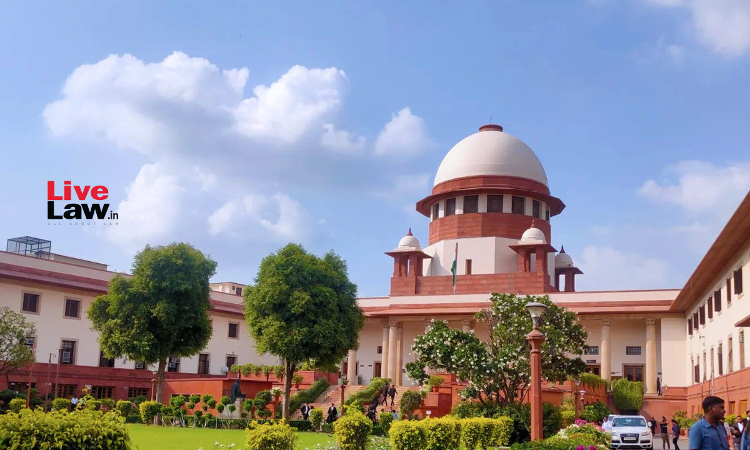The Supreme Court on Tuesday asked why don't the children of Overseas Citizens of India (OCI), who are staying in India, apply for Indian citizenship after giving up their foreign citizenship.The Court raised this query while hearing a batch of petitions challenging the Centre's 2021 notification as per which OCI students are entitled to apply only to NRI seats in NEET admissions.Senior...

